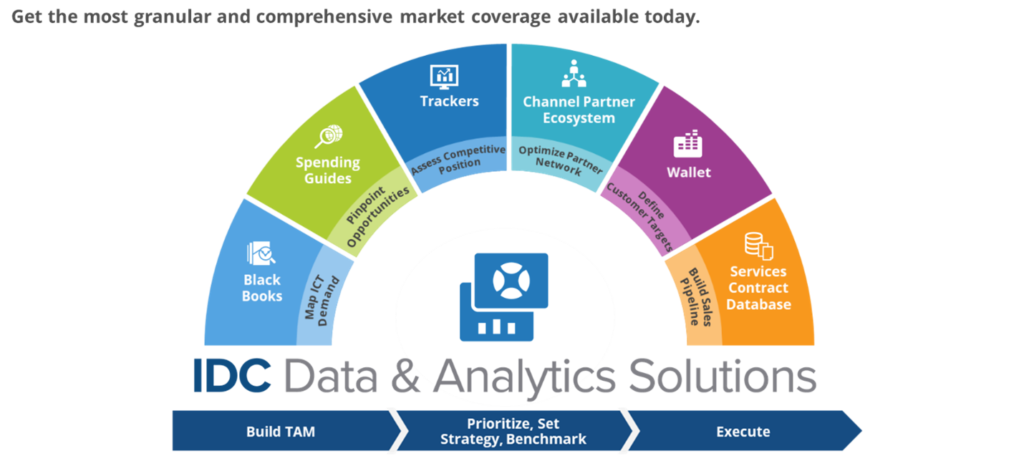Digital is the new normal
Today’s world is digital. In our personal lives, we buy digital products, and we consume services through digital channels. Popular entertainment, like movies, television, music, and other media are delivered via online streaming platforms which we seamlessly consume across phones, laptops, and televisions. Physical goods, like groceries, books, toys, computers, and more—things which formerly required us to visit a store to acquire—are now delivered right to our door at the click-of-a-button, or more impressively at the vocal command of a digital assistant.
In our work lives, we produce our value in digital environments, and we manage ourselves with digital tools. Paperless offices are more common than ever, and the market for SaaS and cloud software is forecast for double-digit growth into the foreseeable future, with companies like Microsoft and Salesforce leading the charge. Even in-person and/or analog services (such as training and enablement, consulting, and other professional services) have transformed to offer digital alternatives.
Gain the insight to go-to-market confidently with data
Technology suppliers need accurate market data to help them size and analyze markets, identify and capitalize on sales opportunities, evaluate partnerships and alliances, and hone operational best practices.
As author and futurist, Geoffrey Moore, puts it: “Without big data analytics, companies are blind and deaf, wandering out onto the web like deer on a freeway.”
Or, to put it another way, without data, tech companies are left to go on gut instinct and intuition to direct critical business decisions; an unenvious position for any technology executive to be in.
Critical applications for data in a tech marketing strategy
While the use cases for data extend well beyond marketing and sales, it’s value can most readily be seen in support of commercial activities. Here are four key areas where data is crucial for business success:
1. Confident Decision Making
Minimize executive doubt by integrating data into decision-making processes. Prioritize product roadmaps, identify sales targets, generate leads, retain customers, and more with the right data.
Data is logical and intuitive. When companies have proven facts, they can be confident in the decisions being made for the organization. Data gives the ability to understand the market and pinpoint areas of weakness for the business and helps identify how to adjust as needed.
For instance, when analyzing the best approach for a new entry or further penetration of a market, a tech company must consider how leveraging channel partners can expand their own reach to meet the needs of both the short-head and long-tail. This vast and complex ecosystem may require many partnerships and alliances to effectively serve the market in question and meet growth objectives. Reliable data can help you decide which channel partners to engage, or if merger and acquisition activity makes more sense.
2. Highly Targeted Marketing
Clients are inundated with marketing coming in all different formats and from many different brands. Every business is fighting for mindshare. Keep abreast of market trends and stand out from the competition with resonant, data-informed branding and messaging.
It is imperative for a company to be able to market itself as a solution to niche problems and connect with customers on an emotional level using data. The right analytics provides an organization with the information to be a thought leader and helps inspire content that is meaningful to its audience.
When a technology supplier can effectively segment their market into similarly characterized groups of customer targets, they can easily understand the pain points of the customer and how their solution addresses them. This powerful insight translates into impactful value propositions and strong go-to-market messages.
3. Intelligent Partnerships
Companies today have many underperforming partners that generate significant expenses. Reveal partnership opportunities not immediately apparent with detailed market data and optimize your strategy with data.
Understand buyer personas and journeys on a new level and address the long-tail market needs with the best possible partners. Quickly find answers to critical questions like what can partners do, where, and with whom?
A common challenge for technology marketers is finding unattached partners before their competitors do. Too many companies spend months going after prospects that in the end provide no value. The right market intelligence can rapidly provide partnership opportunities, revealing insights in minutes that companies would otherwise spend months developing in-house.
4. Optimized Operations
Become a leaner, more competitive organization with spend and performance benchmarking insights. Invest the right amounts in the right areas to maintain and grow market share while cutting costs to become more profitable.
Data gives tech companies the insights needed to improve efficiency and get more done with less time and resources. Eliminate and reduce unnecessary processes with data-driven decisions. This not only applies to the product and services offered, but to human resourcing decisions as well.
The use cases for operational efficiencies abound across technology organizations. To just name a few:
- Sales reps can save time in pursuing partnerships that do not make sense.
- Ops managers use data to analyze supply chain issues.
- Product teams can find the bottlenecks in production to run smoother operations.
Analytics also provides the business models needed to implement intelligently conceived pricing strategies. By using data effectively, tech executives can also understand how a change in cost and services affects customer demand to protect the bottom line.
IDC’s foundation of data and insights covers a breadth of technologies, geographies, and industries to provide clients with the key IT data that is critical for their business. Get the insight to drive success with IDC’s Data & Analytics Solutions.

Related Reading:




